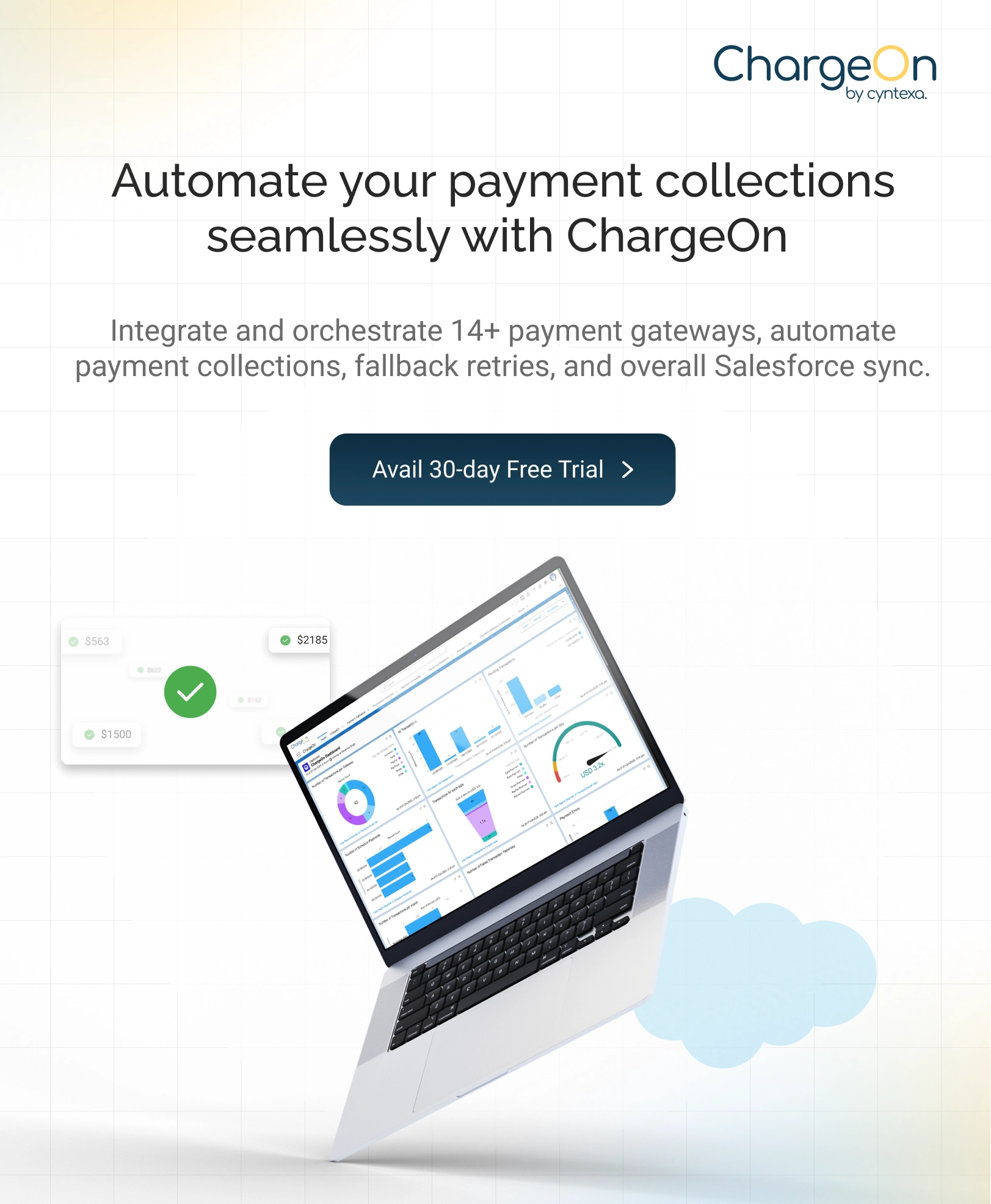Heroku AI Platform as a Service Explained: A New Way to Build Smart Apps
Table of Contents
Heroku AI Platform is an AI-powered Platform as a Service (PaaS). It is an extension of the Heroku cloud platform, with added AI-native capabilities, components, and managed services. This platform helps you build, deploy, and scale intelligent applications by eliminating the complexity of managing your own application infrastructure.
The platform provides you with an environment with various AI models, data services, and tools in a single place. You can leverage these components to create intelligent applications faster than ever before.
Not only applications, but you can quickly deploy AI models, autonomous AI agents, and connect them seamlessly with application data and tools.
What else can you do on the Heroku AI Platform?
- You can store and search your data efficiently using vector databases integrated directly into the platform.
- Scale your applications as your traffic grows, without the need to manage additional servers.
- Connect your intelligent applications with Salesforce and other data sources through platform-built-in integrations.
- Apply built-in automatic monitoring, security, and compliance to your applications to run them safely and securely.
Now you might be wondering, what AI-native components are integrated into the platform? How do they work, and how did they transform the traditional Heroku platform?
Well, in this blog, we are going to explore the same! Let’s get started!
Core components and functionalities of Heroku AI Platform
Here is a list of AI-native components integrated in the Heroku AI PaaS:


Heroku Managed Inference and Agents
It is an add-on functionality that gives you access to various AI models and intelligent agents to leverage them in your application. It eliminates the need to manage your own AI infrastructure separately, as it is taken care of by Heroku, providing enterprise-grade security, compliance, regional provisioning, and optimized performance.
You can choose from a list of best-in-class models, including Claude 4.5 Sonnet/Haiku, GPT-OSS, Nova Pro/Lite, Cohere Embeddings, Stable Diffusion, and many more. It allows you to switch models and use different models for different application functionalities, while also extending them using custom agent tools.
MCP (Model Context Protocol) Server Toolkit
MCP Server toolkit is an implementation of the Model Context Protocol within Heroku. It enables LLMs or AI agents to securely understand and call tools, services, and APIs, be they within your Heroku app or outside. This toolkit runs as a middleware controller between the LLMs and the operational APIs of your Heroku apps and infrastructure.
Think of it like giving your AI models the ability to interact with your business software just as a human employee would, but much faster and without human error.
By connecting LLMs to real-time application data and operational tools, agents’ responses and actions become more accurate, actionable, and relevant to actual business needs.
Pgvector
Pgvector extends as a part of the PostgreSQL database management system. It adds support for storing and performing similarity searches on vector embeddings. Vector embeddings are numerical representations of various types of data, like text, images, or audio, generated by machine learning models, particularly LLMs. These embeddings capture relationships, allowing for efficient retrieval of similar data points.
Simply, pgvector is a tool that makes your database smarter in understanding what queries mean, instead of just finding exact matches. Let us understand with an example. You ask, “Show me books about fixing phones,” the system answers, “Let me search for the exact words ‘fixing’ and ‘phones,'” and the result would be only books with those exact words.
However, when using pgvector, you ask, “Show me books about fixing phones,” and the system understands your query that you want to know about phone problems. It finds books about “fixing phones,” “phone repair,” “broken devices,” and “phone troubleshooting.” Therefore, you get a result including everything you need.
AI-native tools integration
Heroku AI platform as a service supports the integration of various tools:
– Cursor
It is an AI-powered code editor that integrates with Heroku via MCP. It allows you to use AI to manage Heroku apps directly from the editor, like creating apps, scaling them, or attaching add-ons, without switching.
You describe what you want to build in plain English, and Cursor generates the code for you. While you type the code, Cursor offers suggestions as you type. You can query, question, or suggest improvements in the existing code. Additionally, this intelligent tool learns your coding style and patterns over time.
– Windsurf
Windsurf is an AI-powered Integrated Development Environment (IDE) that is part of the new Heroku AI Platform as a Service (AI PaaS). It is used as a tool to help developers build, modernize, and deploy applications to Heroku using AI agents.
It offers a full code editor with a comprehensive IDE experience, utilizing the Cascade AI agent, an intelligent AI partner that understands your codebase. It offers:
- Built-in deployment, allowing you to deploy directly from the IDE.
- Multi-IDE support that works with VS Code, IntelliJ, JetBrains, and others
- Built-in terminal that runs commands directly in the editor and,
- Integrated debugging that debugs your code within the IDE
– Claude Code
It is an AI-powered command-line tool by Anthropic, the makers of Claude AI. It helps developers write, analyze, and edit code directly in the terminal, integrating smoothly with existing workflows and understanding entire codebases. Additionally, it also automates tasks like generating features, writing tests, and fixing bugs.
– Ability to “vibe code” new applications
“Vibe Code” is a term used for an AI-assisted software development technique where a user provides natural language prompts to an AI model that generates functional code.
Vibe coding on Heroku, powered by “Heroku Vibes,” is a new AI-driven development approach where users describe app ideas in natural language, and an AI agent generates, deploys, and manages the code and infrastructure on Heroku’s platform. It makes application creation simple for non-coders and speeds up development for experienced developers.
How to build intelligent applications with the Heroku AI platform?


1. Develop your core application
Begin by creating your core application with core features and functionalities, using a Heroku-supported programming language and framework, such as Python with Flask/Django, Node.js, Ruby on Rails, and more.
For additional or enhanced functionalities, you can integrate necessary tools and apps.
2. Integrate AI models and capabilities
Once your core application is ready, you can seamlessly integrate AI models and their capabilities into your app.
- Integrate Heroku Managed Inference and Agents into your application. Use the Heroku CLI commands, like “heroku ai:models:create,” or the Heroku dashboard, under the Resources tab, select “Heroku Managed Inference and Agents” to provision AI models for your application.
- Heroku adds environment variables to your app so you can securely access model endpoints. It simplifies connections to inference services, making tasks like text generation, reasoning, embeddings, and image generation highly accessible.
- Application frameworks, including Flask, Django, Node.js, and Rails, can invoke the platform using a standard OpenAI-compatible API.
- Heroku’s AI integrations also support SDKs for agile development, such as the Vercel AI SDK, to support chatbots, semantic search, and other AI-powered functionality with unified error handling.
3. Deploy and scale on Heroku
- Prepare your app for deployment with a Procfile to declare your app’s processes and a connected Git repository, like GitHub.
- Heroku automatically builds and runs your code in secure containers and manages scaling through features like Autoscaling and Dyno management.
- Heroku’s managed environment allows you to experiment, iterate, and ship AI-powered solutions with confidence. It uses features like Pipelines and Review Apps to streamline testing and production rollouts.
4. Enhance with AI agents and custom actions
You can up your application game by building AI agents using Agentforce in Salesforce that are capable of orchestrating routines and complex workflows.
- Enable agentic applications that can run code securely across languages like Python, Node.js, Go, and Ruby.
- Agents can be further extended using the Model Context Protocol (MCP) to connect external tools and perform custom actions. This promotes dynamic, responsive, and context-aware AI experiences in your applications.
Building an intelligent application requires expert guidance on design, integration, and an optimized AI-powered solution that is the best for your application. This is where you should consult a Heroku consulting partner, who helps you with the initial planning, structuring, and execution.


Use cases of Heroku AI Platform
To help you gain a better idea, here are a few Heroku AI platform use cases for businesses:
Use Case 1: AI-powered customer support
Problem statement: A business’s support teams are overwhelmed with repetitive customer questions, while customers have to wait hours for responses from the support team.
Solution with Heroku AI PaaS:
- Customer asks a question
- The AI agent searches your knowledge base and past support cases, using semantic search
- The AI agent understands the context and provides an immediate answer.
In case of complex issues, the AI agent gathers information and creates a ticket. This ticket is automatically routed to the relevant support agent, as they only handle complex issues.
Use Case 2: Sales enablement with AI Agents
Problem statement: A business’s sales process is very lengthy and takes too long to execute. Their agents spend significant time generating manual quotes, gathering data, and performing administrative tasks.
Solution with Heroku AI Platform:
The sales agent only has to input basic customer information; the rest is taken care of by the AI Agent.
The AI Agent:
- Retrieves customer history from CRM
- Checks the inventory and availability of the product
- Calculates pricing and discounts
- Generates a quote in seconds
- Suggests upselling or cross-selling opportunities
- Sends a quote to the customer
Use Case 3: Smart product recommendations
Problem statement: Customers browse your website and cannot find products that they would actually like. This hampers your sales and customer satisfaction.
Solution with Heroku AI Platform as a Service:
- The customer comes to your website and browses a product
- The AI Agent understands what they are looking for using AI semantic search capabilities
- Then the agent recommends similar or complementary products based on their preferences and browsing history
- The AI Agent personalizes your entire shopping experience
Traditional Heroku Platform vs. Heroku AI Platform
The traditional Heroku platform was all about ‘How do I make my application running and reliable?,’ whereas the Heroku AI platform is about ‘How do I make my application smart enough to think and act on its own?’
Here is a comparison based on different aspects to help you understand better:
Primary purpose
The traditional Heroku platform’s primary purpose was to build, deploy, and scale web and mobile applications. Whereas Heroku AI Platform’s purpose changes to build intelligent applications that are powered by AI capabilities and autonomous automation.
Targeted use cases
The traditional Heroku Platform was used for web applications, APIs, microservices, and mobile backends. But now, Heroku AI PaaS focuses on AI agents, chatbots, autonomous assistants, intelligent automation, and data-aware applications.
Technical architecture
For the traditional Heroku platform, the user used to send a request, and the application would just process it using the business logic you have entered.
Heroku AI platform’s architecture works differently yet efficiently. The user sends a request → App sends it to the AI agent → Agent thinks and searches your data → Agent calls your business tools → Agent takes autonomous actions → Returns an intelligent and relevant response.
Features
| Basis | Traditional Heroku Platform | Heroku AI Platform |
|---|---|---|
| App Hosting | Yes, through Dynos | Yes, through Dynos |
| Database Management | PostgreSQL, Redis | PostgreSQL + pgvector (vector search) |
| Deployment/Scaling | Automatic | Automatic |
| Security and Compliance | Built-in | Built-in |
| AI Model Access | No | Managed Inference (Claude, Cohere, etc.) |
| AI Agents | No | Agents with autonomous code execution |
| Vector Search | No | pgvector for semantic search |
| Tool Integration | No | Model Context Protocol (MCP) |
| Semantic Search/RAG | No | Yes (essential for intelligent apps) |
Quick comparison table of Traditional Heroku Platform vs. Heroku AI Platform
| Basis | Traditional Heroku Platform | Heroku AI Platform |
|---|---|---|
| Primary Purpose | Launch, host, and scale web and mobile apps | Build smart, AI-powered, automated apps |
| Database | Postgres, Redis | Postgres + pgvector (semantic/vector search) |
| Workflow Automation | Limited, manual | Fully autonomous as agents run workflows |
| Deployment | Automatic | Automatic |
| Security and Compliance | Built-in | Built-in |
| Tool Integration | Limited | Using MCP |
| Who handles regular tasks? | Business teams by coding | AI Agents + human oversight |
| Result | Application development | Makes your application and operations smart and automated |
Heroku AI platform pricing
Heroku uses a consumption-based model. You only pay for what you use. It offers three main cost categories:
- Application Infrastructure (Dynos): Where your application runs
- Data Services (Postgres, Redis, Kafka): Where your data is stored
- AI Services (Managed Inference, Agents): AI model usage


Get started with the Heroku AI platform
Heroku AI Platform extends the possibilities in traditional application hosting by adding AI agents, automation, and semantic search capabilities. This makes it ideal for businesses that are ready to move beyond basic web or mobile apps to intelligent, self-service, and automated solutions.
Want to power your applications with intelligent AI capabilities and deliver smarter customer experiences? Leveraging the Heroku AI Platform is the next step!
Don’t know where to start? Cyntexa is your go-to Heroku consulting partner! Connect now!
Don’t Worry, We Got You Covered!
Get The Expert curated eGuide straight to your inbox and get going with the Salesforce Excellence.
AUTHOR
Vishwajeet Srivastava
Salesforce Data Cloud, AI Products, ServiceNow, Product Engineering
Co-founder and CTO at Cyntexa also known as “VJ”. With 10+ years of experience and 22+ Salesforce certifications, he’s a seasoned expert in Salesforce Data Cloud & AI Products, Product Engineering, AWS, Google Cloud Platform, ServiceNow, and Managed Services. Known for blending strategic thinking with hands-on expertise, VJ is passionate about building scalable solutions that drive innovation, operational efficiency, and enterprise-wide transformation.


Cyntexa.
Join Our Newsletter. Get Your Daily Dose Of Search Know-How









